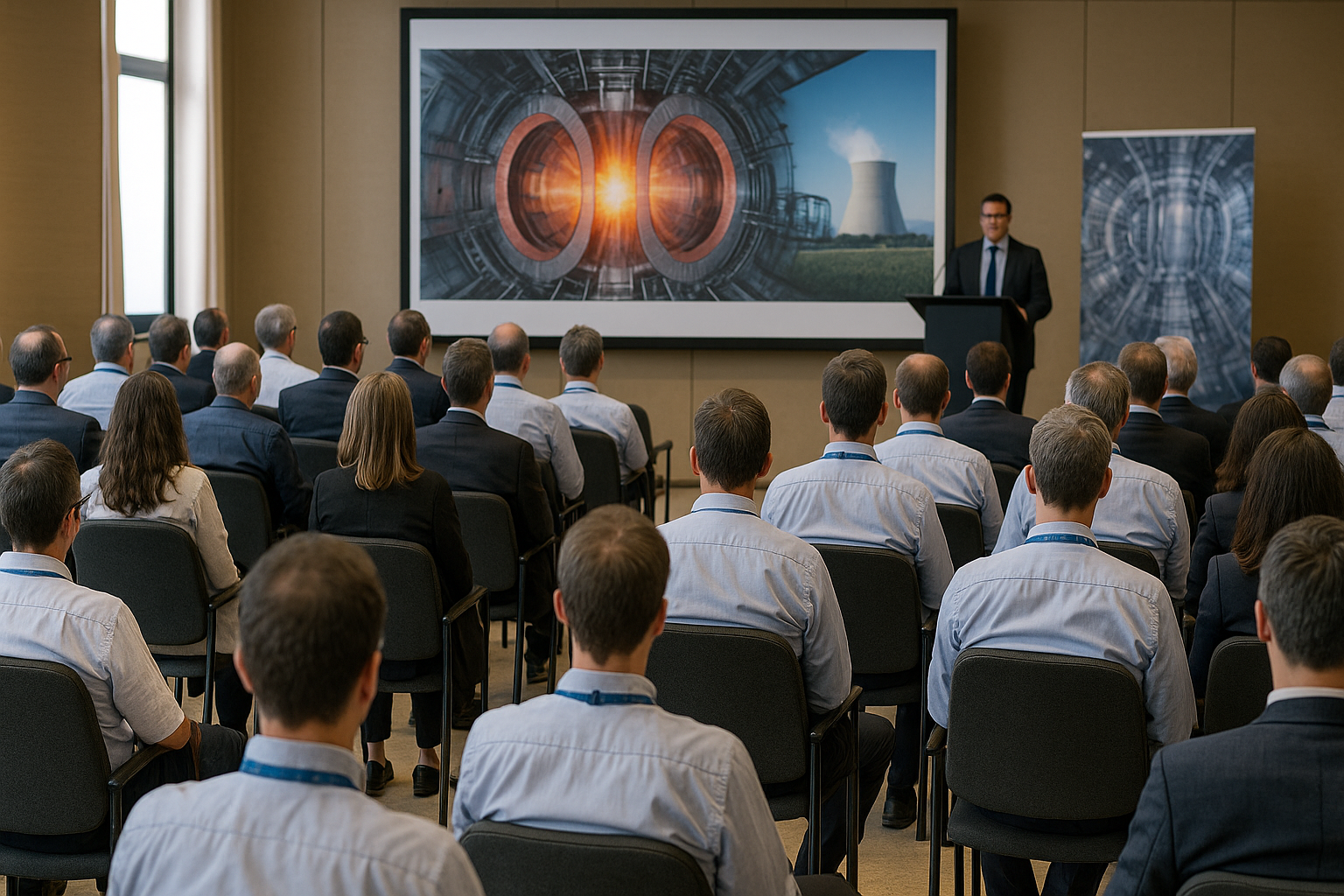IAEA’s Educator Programme Strengthens Nuclear Science Outreach in Asia-Pacific
Launched in 2021, INSTA brings together over 50 institutions in 23 countries, including Ministries of Education, universities, and national nuclear research agencies.

As the demand for clean energy, advanced healthcare, and technological innovation grows across Asia and the Pacific, so does the need for a skilled workforce capable of advancing nuclear science and technology. Recognizing this, the International Atomic Energy Agency (IAEA), through a strategic collaboration with the International Nuclear Science and Technology Academy (INSTA), is equipping nuclear experts with teaching and communication skills to engage learners from classrooms to policy arenas.
Launched in 2021, INSTA brings together over 50 institutions in 23 countries, including Ministries of Education, universities, and national nuclear research agencies. Through the Executive Programme for Educators (EPE)—introduced in April 2024—the IAEA is helping scientists step into educational roles to promote understanding and adoption of nuclear technologies across diverse sectors.
Building Educators, Not Just Experts
The EPE’s two-phase structure focuses first on building foundational competencies in both pedagogy and nuclear science. This phase, conducted virtually with the Open University of Malaysia and the Asian Network for Education in Nuclear Technology (ANENT), includes three key modules:
-
Teaching Approaches for Children and Adults
-
Role of Nuclear Science in Development
-
International Legal and Safety Frameworks for Nuclear Technology
Twenty-five participants completed this first phase in November 2024, gaining tools to effectively communicate scientific concepts in both formal and informal settings.
“Think about your favourite teacher,” said Marina Mishar, IAEA Section Head for the Asia and the Pacific Technical Cooperation Division. “What set them apart wasn’t just knowledge—it was passion, patience, and personal commitment. That’s the essence of what we want this programme to instill.”
Advanced Training in Japan: From Theory to Practice
In March 2025, the second phase began in Tokyo, Japan, with participants attending an INSTA school focused on advanced radiation protection. Hosted by the Japan Volunteer’s Expert Team and University of Tokyo, and supported by Japan’s Government, the school trained educators in technical subjects and risk communication—an area of growing importance, especially post-Fukushima.
Dr. Takeshi Iimoto, INSTA Executive Secretary, emphasized:
“We aim to empower not only nuclear professionals, but also educators in fields like risk communication, crucial for building public trust.”
Experts from INSTA institutions in Bangladesh, Malaysia, Oman, the Philippines, Syria, Thailand, and Japan facilitated sessions. Highlights included practice lectures delivered to international secondary school students at Harbin Engineering University in China and technical lab training at University of Tokyo’s Microanalysis Laboratory.
Hands-On Learning Through Site Visits
One of the programme’s most distinctive features was real-world exposure. Participants visited:
-
Japan Chemical Analysis Centre (JCAC) to explore radiation detection systems
-
Tokyo Metropolitan Police Department and Tokyo Fire Department to study emergency response protocols
-
University of Tokyo’s Microanalysis Laboratory to witness applications in material science and non-destructive testing
These visits offered an immersive understanding of nuclear technologies in practice and sparked ideas for replicable training strategies in participants’ home countries.
“Seeing Japan’s risk management system firsthand was inspiring,” said Chansawang from Mahidol University, Thailand. “The programme’s blend of lectures, site tours, and cross-cultural exchanges was incredibly impactful.”
Cross-Disciplinary Engagement for Regional Capacity Building
EPE alumni, like Khairul Anuar bin Abdullah from Malaysia’s Ministry of Health, returned home with fresh ideas and stronger networks:
“It was a chance to share best practices and build a collaborative vision for radiation education in the region.”
The initiative not only expands nuclear literacy but also deepens understanding of its role in achieving Sustainable Development Goals (SDGs), from clean energy and cancer treatment to food security and climate adaptation.
A Sustainable Vision for Nuclear Education
According to Helena Zhivitskaya, IAEA Nuclear Knowledge Management Specialist:
“We’re not just strengthening teaching capabilities—we’re empowering educators to become ambassadors for nuclear science.”
She noted the importance of such programmes in sustaining knowledge transfer across generations, particularly as many nuclear experts approach retirement.
Looking Ahead: Scaling the Programme in 2026
With overwhelming success and positive feedback, preparations are already underway for the 2026 edition of the Executive Programme for Educators. Future cycles aim to involve additional countries, expand technical specialties, and introduce innovative digital teaching tools.
As Asia and the Pacific ramp up investments in nuclear energy, medicine, and agriculture, programmes like the EPE play a vital role in building public trust, scientific capacity, and inclusive engagement.
Through INSTA, ANENT, and the IAEA’s sustained commitment, a new generation of nuclear educators and communicators is poised to shape the region’s scientific future.










